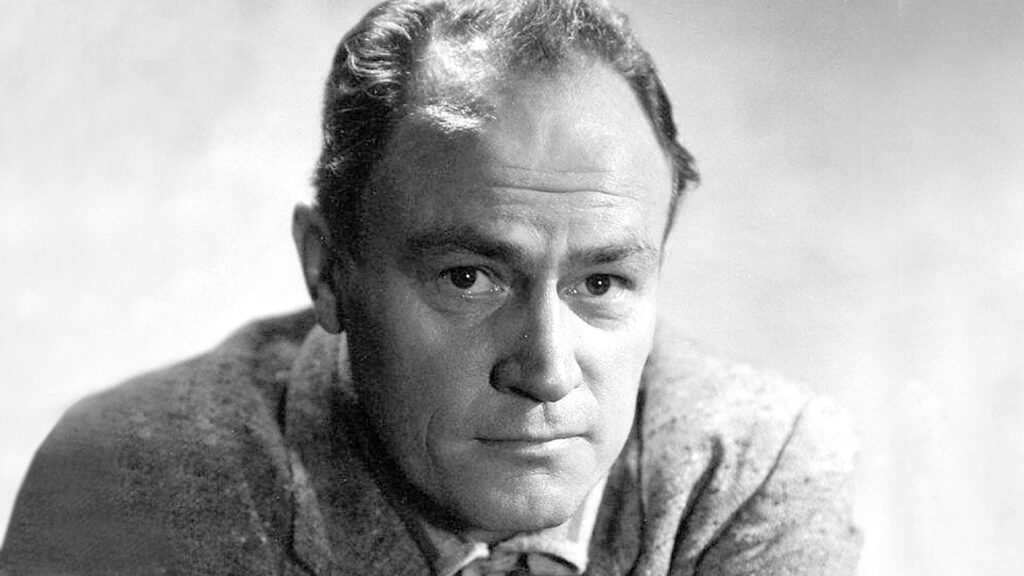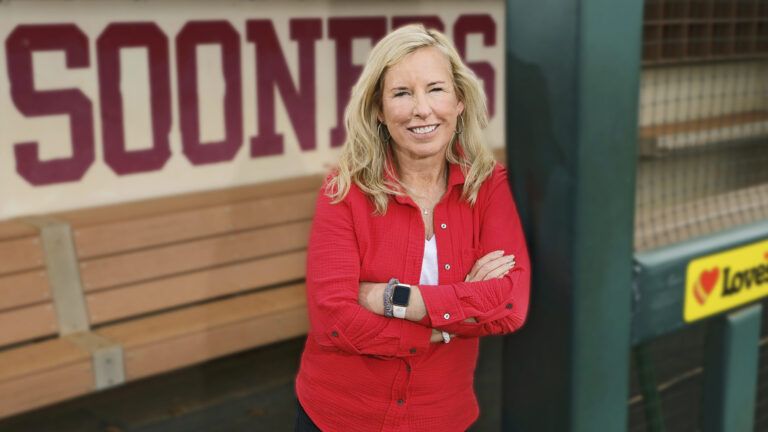If I hadn’t been an actor, I might well have been a preacher. Growing up in Minnesota, I was a choirboy in our Episcopal church—and I loved it. I loved the music, the atmosphere, the liturgy—everything. I was so interested in the church that our pastor decided I belonged there and urged me to become a minister.
In less trying times I might have taken his advice. But in those days the dead hand of the Depression was heavy on the land. Divinity school meant more time and more expense and no guarantee of employment. Somebody offered me a job in a radio station, singing and playing the guitar—and that was my introduction to show business.
But I always had a desire to communicate with people more directly, and soon I found myself with a group of hungry but enthusiastic young Shakespearean actors touring the country under the auspices of the Federal Theater. Today’s youngsters think they invented long hair and patched clothing and communal living, but believe me, they didn’t.
We had to share everything. I remember one fellow in our company worked part-time and without pay in a grocery store, just so he could bring back semi-spoiled fruit and overripe tomatoes to the rest of us.
Our clothes were patched because otherwise we’d have been arrested. We couldn’t afford the wigs we needed for our Shakespearean roles, so we let our hair grow down to our shoulders. I can still hear the jeers and laughter that used to follow us down the street.
But a few hardships when you’re getting started are good for anyone. The years went by and the theater was kind to me, and then came television, where I’ve appeared in over 500 shows and hope to appear in 500 more.
So I never became a minister, but my early interest in religion laid the moral foundations of my life. I still think the solution to the world’s problems lies in Christ’s exhortation to all of us: “A new commandment I give unto you, that ye love one another.” —John 13:34
I still read the Bible, because reading it can bring solace or instruction or inspiration, or whatever wisdom you need at any given moment. I know that people don’t read the Bible as much as they used to, but it’s their loss. Let a young lover try reading the Song of Solomon aloud to his girl. Let a politician take time out to read the epistles of St. Paul. He’ll see what I mean.
So I read the Bible aloud to our three children—all of whom, incidentally, have Biblical names: Samuel, Sarah and Jedidiah, which means “beloved of the Lord.” I try to implant in them the concern for others that Christ was talking about when He gave us His new commandment. I try to teach them to live by the Golden Rule.
This, I must say, isn’t always so easy. I remember one time when two of them were squabbling about who should swing in a swing. Samuel had possession; Sarah wanted a turn. “Come on, now,” I said to Samuel, “remember the Golden Rule.”
“I am remembering it,” said Samuel happily. “If Sarah would just do unto me as she wants me to do unto her, she’d let me have the swing!” I still haven’t quite figured out the answer to that one!
Will this early religious training stay with my children? I think so. It stayed with me. Maybe it will reveal itself in different ways, but that’s all right. The basic principles won’t change.
The other day I was with some friends my own age who were complaining about today’s youngsters. They said they couldn’t understand their lifestyle and their attitudes. They said a lot of them would never amount to anything because they weren’t interested in making money or getting ahead.
But you know, I think perhaps these youngsters are wiser than we are. They’re convinced that learning to care about people is the best of all preparations for getting along in life (“a new commandment I give you”). They know that religion has the answers to the meaning of life where science and technology do not.
They’re not so much interested in controlling or dominating nature as in getting back into harmony with nature. They’re looking for Christ and trying to find His attributes—love, forgiveness, kindness, compassion, self-sacrifice—in themselves. They may not ever make much money, but they may be far richer than their critics will ever be.
Not long ago one of these young people said earnestly to me, “If God is good, then good is God—so when you struggle to increase the good and diminish the evil in the world, then you’re believing in God and working with Him no matter what your formal creed may be.” I told him that I thought so, too.
For four years, in The Defenders, I played the role of a lawyer, Lawrence Preston. Currently, in The Bold Ones, I am a doctor, David Craig. Someday I would like to find myself playing the part of a minister in a television series, a minister who becomes involved with these young people, who shares their lives and their problems and who, in the process, reaffirms and reestablishes his own relationship to God.
I don’t know whether I’ll ever find the writers or the producers to help me turn this dream into a reality. But I know that if I ever do, I’ll feel, somehow, as if I’ve come home.
For more inspiring stories, subscribe to Guideposts magazine.






